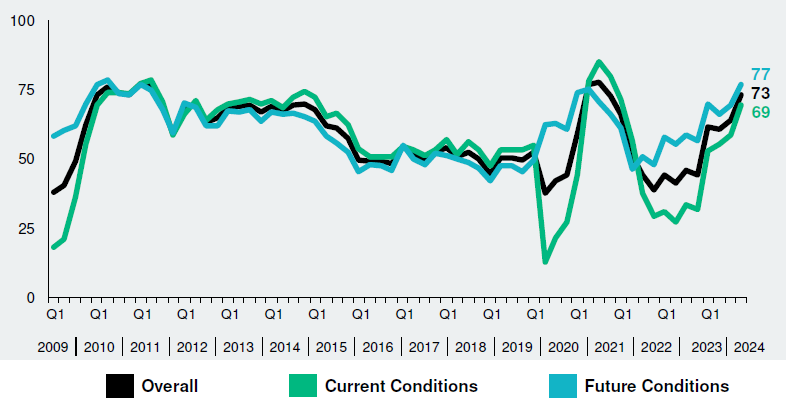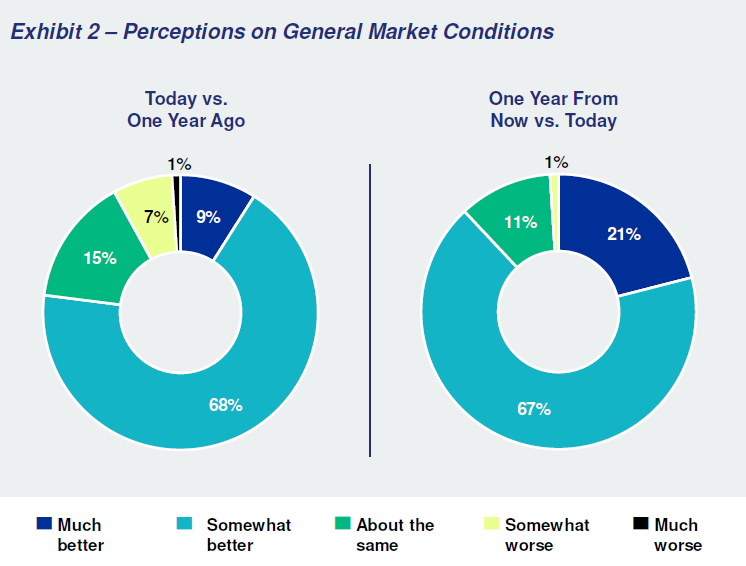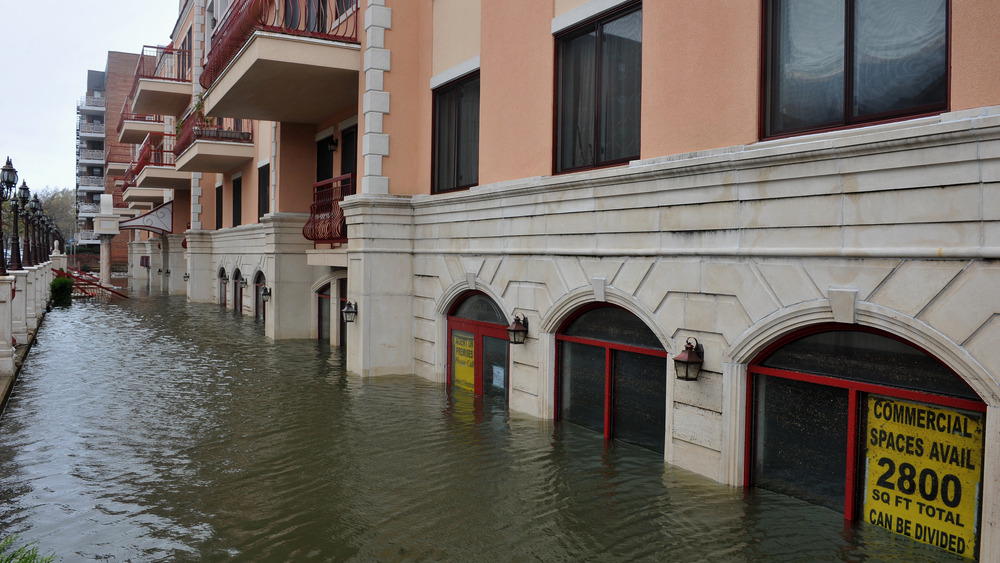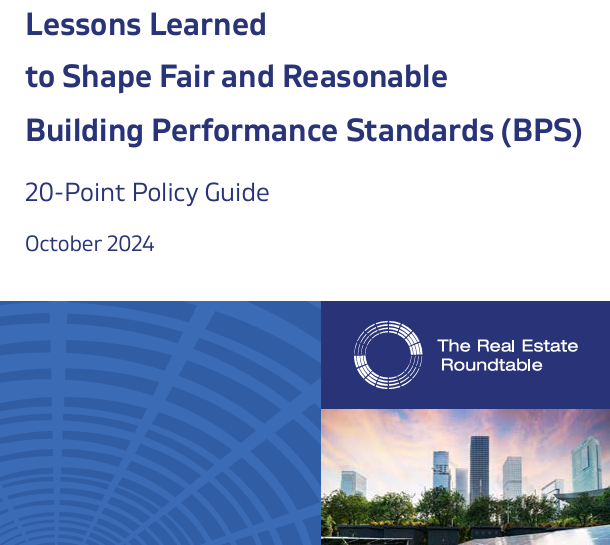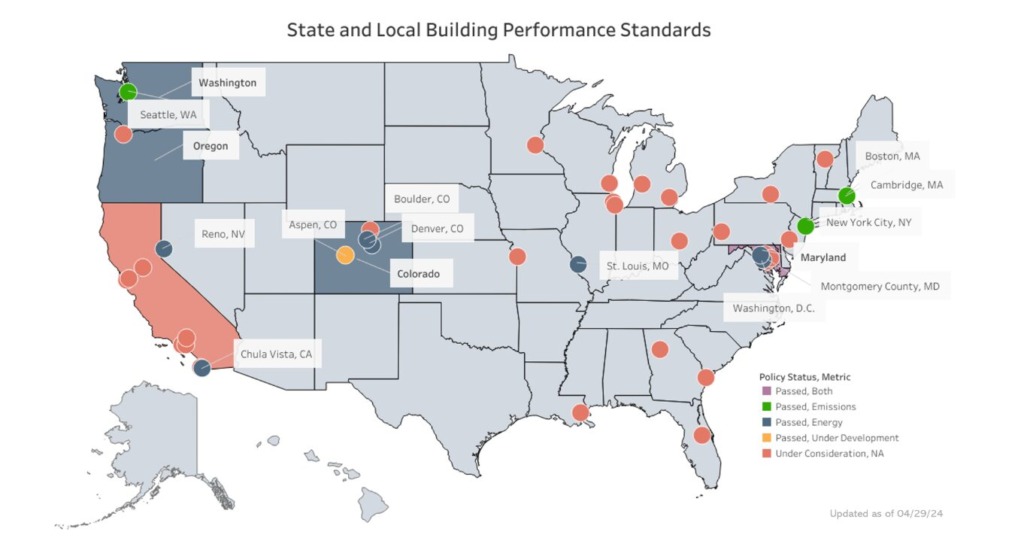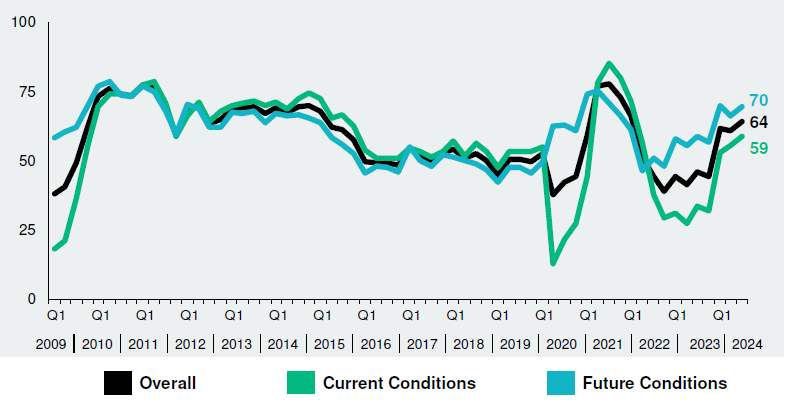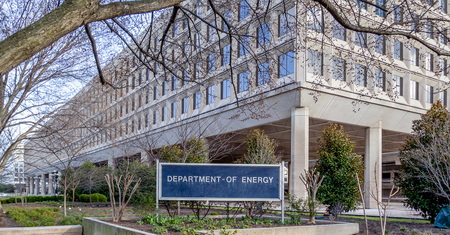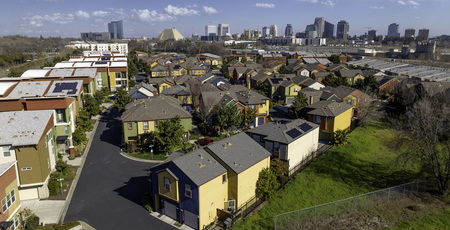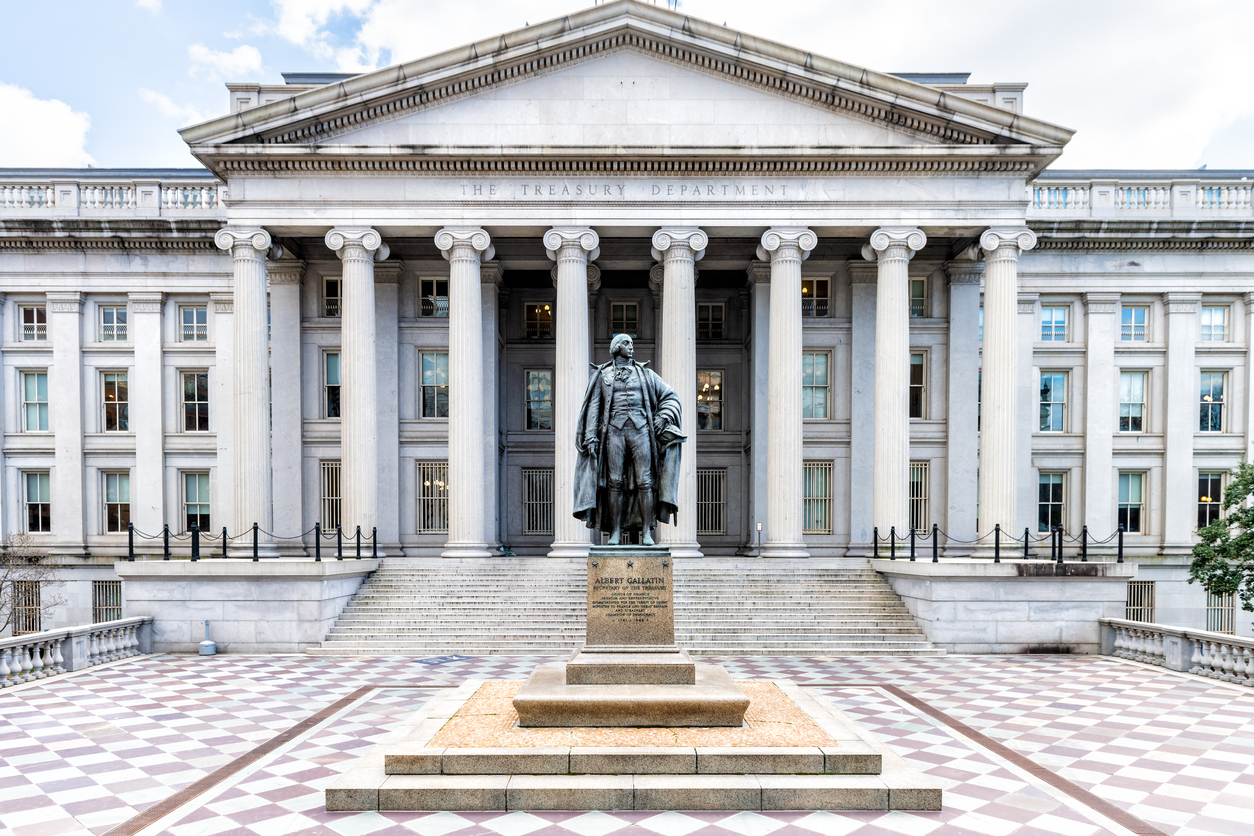Statement by Real Estate Roundtable President and CEO Jeffrey D. DeBoer
(WASHINGTON, D.C.) — In response to reports regarding the federal government’s budget and reorganization of the ENERGY STAR program, Jeffrey D. DeBoer, President and CEO of The Real Estate Roundtable, stated:
“The highly successful ENERGY STAR program is an integral, voluntary participation program critical to residential and commercial, private and public sector U.S. buildings. The program drives efficiency, helps create greater capacity on energy grids to boost economic growth, and enhances profitability for owners and investors in U.S. real estate.
“ENERGY STAR software is embedded in the fabric of how profitable, energy efficient buildings are run and managed in all markets across the nation. ENERGY STAR provides the key tools for families, businesses, and owners of schools, hospitals, government, and many other types of buildings to save money on their utility bills with no heavy-handed federal mandates. Owners and developers rely on ENERGY STAR to attract equity and debt capital so U.S. building infrastructure can compete with the best real estate assets in the world. ENERGY STAR also provides the best measure to reduce energy use so buildings put less strain on the grid—to free up the electricity we need to lead the world in artificial intelligence, support innovations in the crypto asset industry, and bring back manufacturing to America.
“Only the federal government has the data, talent, lab research, and other expertise necessary to run all facets of ENERGY STAR efficiently and impartially,” DeBoer continued. “Over the course of 35 years, Congress has authorized ENERGY STAR through bipartisan legislation on multiple occasions. The Real Estate Roundtable looks forward to collaborating with the Trump Administration, Congress, the Environmental Protection Agency, the Department of Energy, and our allies in the product manufacturing sector to transition the landmark ENERGY STAR public-private partnership as it evolves to support a new generation of cutting edge buildings, plants, and consumer products.”
About The Real Estate Roundtable
The Real Estate Roundtable brings together leaders of the nation’s top publicly-held and privately-owned real estate ownership, development, lending, and management firms with leaders of major national real estate trade organizations to jointly address key national policy issues relating to real estate and its important role in the global economy.
The collective value of assets held by Roundtable members exceeds $4 trillion. The Roundtable’s membership represents more than 3 million people working in real estate; 12 billion square feet of office, retail, and industrial space; over 4 million apartments; and more than 5 million hotel rooms. It also includes the owners, managers, developers, and financiers of senior, student, and manufactured housing—as well as medical offices, life science campuses, data centers, cell towers, and self-storage properties.
The Roundtable’s policy news and more are available on The Roundtable website.
# # #

